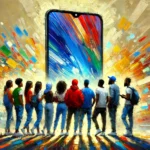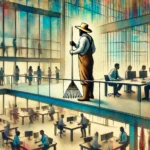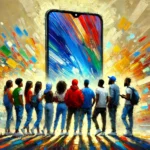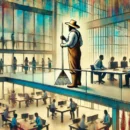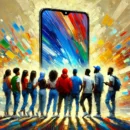Don’t buy – just subscribe?
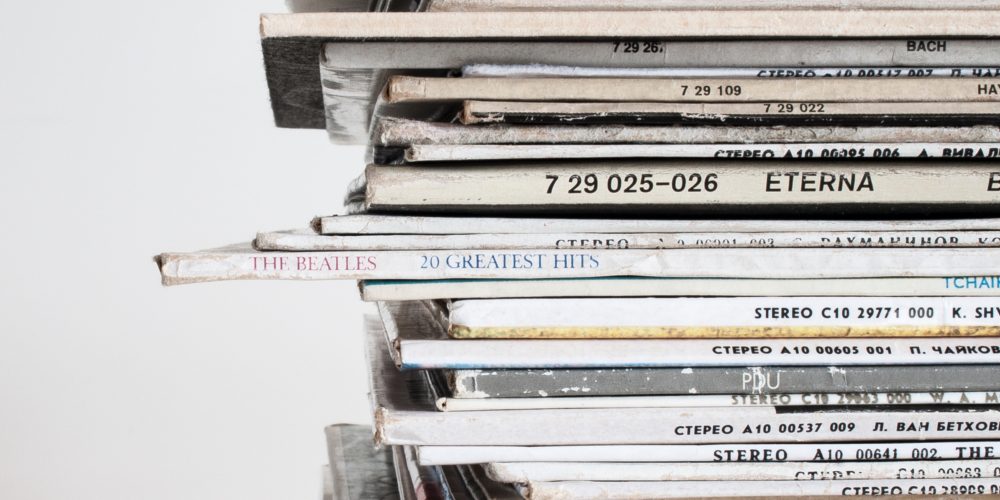
Photo by Umberto Cofini on Unsplash
If you’re a certain age, you probably have a whole bunch of music CDs lying around, gathering dust. (If you’re even older, you may have a pile of audio cassettes and LPs too – but we won’t go there.)
Most of my music collection was once in the form of CDs. Now there is barely a CD player around on which to play them. My son looks on perplexed at the idea that people once physically inserted something into something else in order to hear music, and you could only hear it by sitting there.
I last bought a CD many, many years ago.
For a while, I had migrated my music collection onto my devices. The music was digital and portable, but it still had to be bought. That was good, until it wasn’t. I haven’t bought a track in a couple of years now. That’s because when it comes to music, I am now a subscriber, not an owner. I pay a monthly fee; the music lives mostly in the cloud; I stream or download it as needed.
Most of us are becoming subscribers to things rather than owners. And it’s spreading to many more things than just music.
Where do you get most of your movies and TV shows these days? Netflix or similar, I’m sure. For a monthly subscription. Where do you get your magazines and newspapers? On your devices, via the cloud, for a regular payment. Your data connection? From your connectivity provider, increasingly via a monthly payment.
The interesting thing is, we don’t own those things. Stop the monthly payment, the things disappear. They don’t exist physically in our lives.
A recent McKinsey study revealed that the subscription economy is rocketing dramatically. It has grown in the US by 100% every year for the past five years. And it is reeling in many more products than you might expect. These include beauty gear, meal kits, apparel, men’s razors, even romantic dates. In all these cases, you can now subscribe rather than buy.
The trend could go even further. Young urbanites may gradually replace car purchase with subscriptions, where they pay a monthly charge for a vehicle and can switch or upgrade it without needing to commit to it. All major car-makers have taken note of this pattern. You may even subscribe to rides rather than vehicles once cars become autonomous. And that would be a complete sea change for the motor industry.
What are the repercussions? As Dave Lee of the BBC pointed out, we all benefit from the loss of clutter and the freed-up space in our homes. Also, to keep customers subscribing the provider needs to deliver superlative customer experience. You can’t just sell them something once, you need them to pay month after month. So subscription sellers are forced to invest in great service and consistency.
On the other hand, subs require the ability to keep making payments. If you lose your job and cancel your sub, you own nothing. There is nothing you can pass on to others.
All of this has become possible because of the combination of connectivity and mobility. As internet speeds rise every year across the globe and our devices go everywhere with us, we are able to store things elsewhere and access them when needed, rather than owning them.
This trend will only continue, so if you’re in business it’s time to ask yourself: which part of my product could be a regular subscription rather than a sale or a rental? You would be interested in this because of the locked-in regular income stream that subscriptions create. But look out: if your customer experience sucks, stay away from subs. You’ll be clicked out of existence.
I’m an avid subscriber. I like having long relationships with businesses rather than just transactions – provided they deserve them. And I like the idea that I don’t need to be of this world in order to be in it. I don’t need to carry the burden of possessions everywhere and every day; I can channel products and services into my life when I need them, and switch them off when I don’t. It feels more spiritually appropriate to be a data stream rather than a set of possessions.
The one thing I would never subscribe to, though? Books. My book collection is real and tangible and unwieldy. It lives with me and moves with me. You would have to wrest that from me after death, for there is no chance of my books living in clouds or not always being there for me. I guess for all of us, there is something that must be owned.
(Sunday Nation, 19 August 2018)

Buy Sunny Bindra's book
UP & AHEAD
here »
Popular Posts
- What is a nation?June 30, 2024
- To be a great leader, think like a farmerJuly 21, 2024
- Don’t be surprised by surprisesJuly 14, 2024
- It takes mavericks to change the gameJuly 7, 2024
- Why we should all be activistsJune 16, 2024



